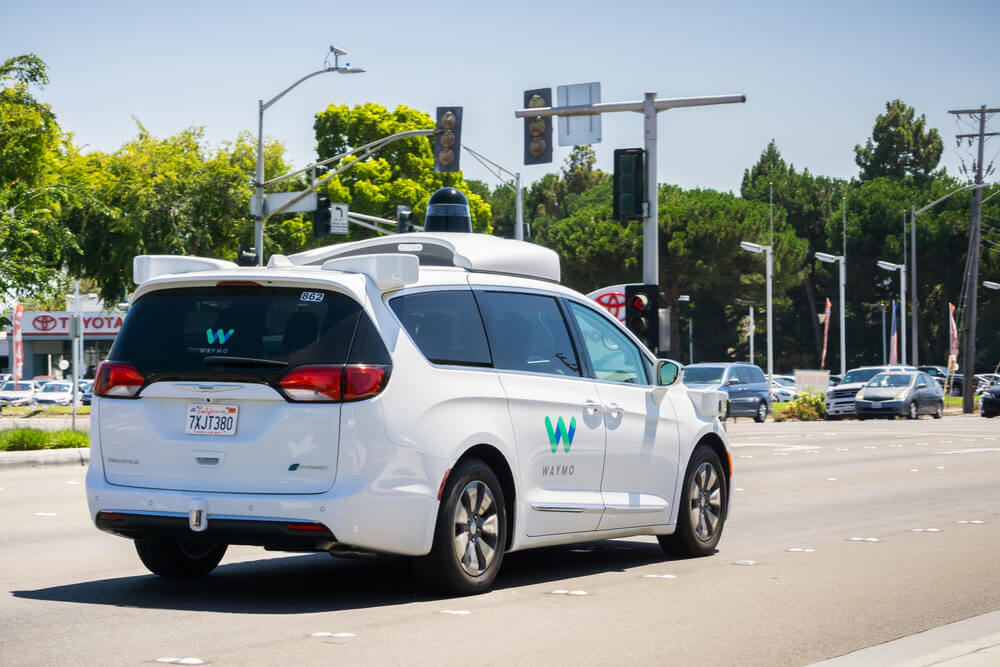Myself when young did eagerly frequent
Doctor and Saint, and heard great Argument
About it and about; but evermore
Came out by the same Door as in I went.
I feel close to Omar Khayyam, the great 11th-century Persian poet and mathematician, not just because of his fondness for a drink but also because of his search for meaning, which took him in “The Rubaiyat” to “Doctor and Saint” and then out “by the same Door as in I went.”
I’ve been looking at artificial intelligence (AI) and I feel, like Omar, that I’m coming away from talking with leaders in the field as unenlightened as when I started this quest.
The question is simple: What will it do to us, our jobs and our freedom?
The answer isn’t clear: Even those who are enthusiastic about the progress they’re making with AI are privately alarmed about its consequences. And they worry about how far some corporations will push it too hard and too fast.
The first stages are already active, although surreptitiously. The financial technology (fintech) world has been quick to embrace AI. Up for a bank loan? Chances are you’ll be approved or turned down by a form of AI that checked your employment, credit score and some other criteria (unknown to you) and weighed your ability to repay. Some anomaly, maybe a police report, may have come into play. You’ll be told the ostensible reason for your rejection, if that’s the case, but you may never know it.
The two overriding concerns: what AI will do to our jobs and our privacy.
If jobs are the problem, governments can help by insisting that some work must be done by human beings: reserved occupations. Not a pretty concept but a possible one.
When it comes to privacy, governments are likely to be the problem. With surreptitious bio-identification surveillance, the government could know every move you make — your friends, your business associates, your lovers, your comings and goings — and then make judgments about your fitness for everything from work to liberty. No sin shall go unrecorded, as it were.
This one isn’t just a future worry, it’s nearly here. The Chinese, I’m told, have run an experiment on citizen fitness using AI.
Historically, at least in literature, we’ve been acculturated to the idea of man-made monsters out of control, whether it was Mary Shelley’s “Frankenstein” or Robert Louis Stevenson’s “Dr. Jekyll and Mr. Hyde.” But the mythology probably has been around since man thought he could control life.
On jobs, the future is unclear. Until this point in time, automation has added jobs. British weaver Ned Ludd and his followers, who smashed up the looms of the Industrial Revolution, got it wrong. Nowadays cars are largely made by machines, as are many other things, and we have near full employment. Fields like health care have expanded, while adding technology at a fast pace. AI opens new vistas for treatment.
Notoriously difficult-to-diagnose diseases, like Myalgic Encephalomyelitis, might be easily identified and therapies suggested.
But think of a farm being run by AI. It knows how to run the tractor and plow, plant and harvest. It can assay the acidity of the soil and apply a corrective. If it can do all that, and maybe even decide what crops will sell each year, what will it do to other employment?
In the future AI will be taught sensitivity, even compassion, with the result that in many circumstances, like customer assistance, we may have no idea whether we’re dealing with a human or AI aping one of us. It could duplicate much human endeavor, except joining the unemployment line.
I’ve visited MIT, Harvard and Brown, and I’ve just attended a conference at NASA, where I heard some of the leading AI developers and critics talk about their expectations or fears. A few are borne along by enthusiasm, some are scared, and some don’t know, but most feel — as I do, after my AI tour — that the disruption AI will bring will be extreme. Not all at once, but over time.
Like Omar, I came away not knowing much more than when I began my quest. “The Rubaiyat” (which means quatrains) is a paean to drink. At least no one suggested machines will be taking to the bottle, but I may.

